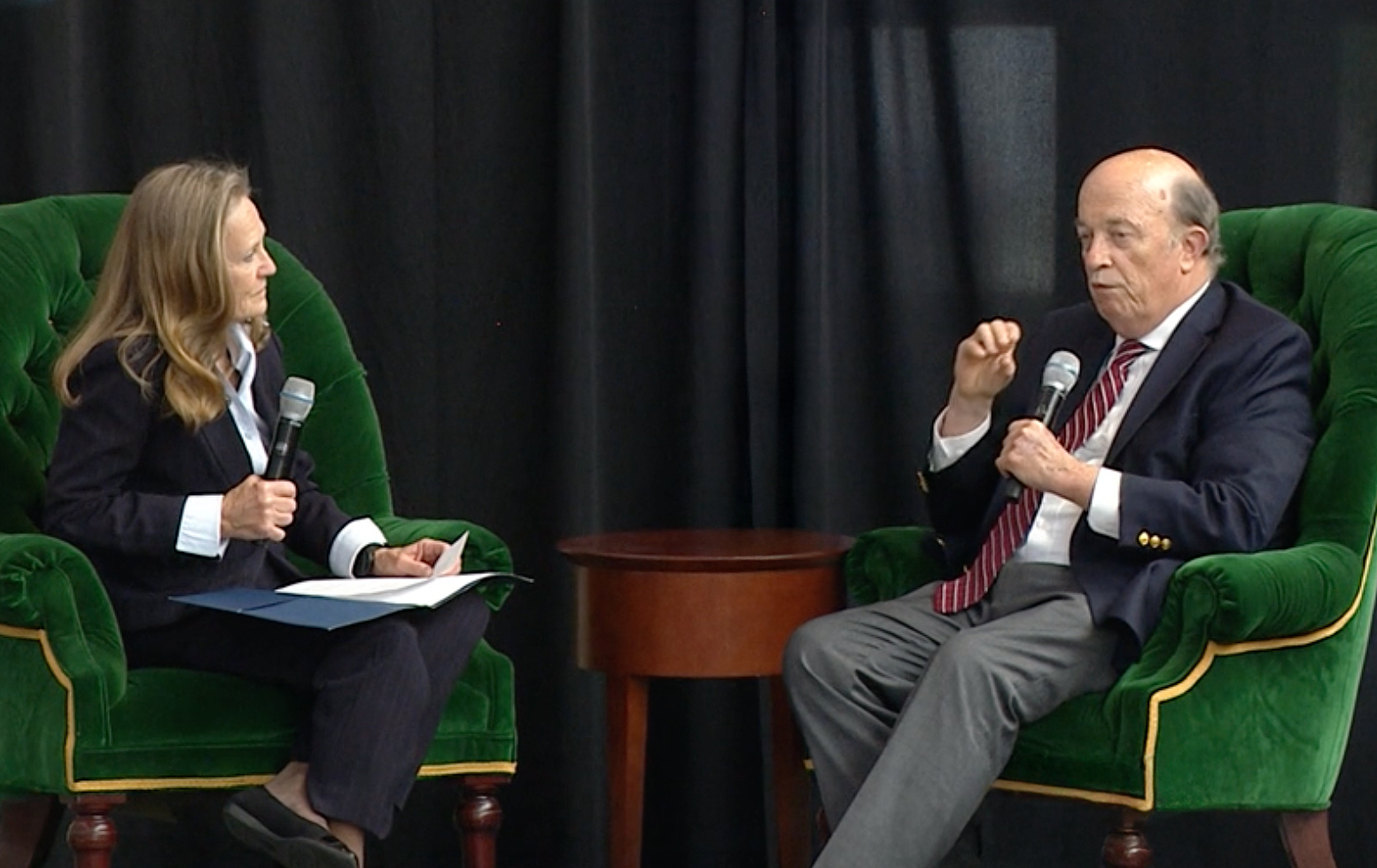In the fall of 2016, Jewish Family Services officially partnered with Sharsheret. Sharsheret’s mission is to offer a community of support to women of all Jewish backgrounds, diagnosed with breast or ovarian cancer or at increased genetic risk, by fostering culturally-relevant individualized connections with networks of peers, health professionals, and related resources.
As Jewish Family Services Director, I went one step further, and in the fall of 2017, decided to share my own story with the community. As a carrier of a BRCA 2 mutation, I discussed my journey and experiences, including the increased risk for hereditary breast and ovarian cancer among Ashkenazi Jews. I’ve participated in several programs, including one at a community member’s home, a D’var Torah, and a Men’s Club Brunch. While each presentation was unique, my message was clear. We need to have open and honest conversations with our doctors and healthcare providers about our community’s elevated risk for carrying and passing a mutation in the BRCA 1 or BRCA 2 genes (which lead to a higher risk for breast, ovarian and other cancers). In addition, men can also be carriers and develop breast cancer.
During the course of the presentations, and the conversations that spontaneously occurred afterwards, participants opened up and shared their own personal stories with one another. The programs not only provided education, but inspiration as well. One participant decided, as a result of these presentations, to go for her first mammogram in five years.
For more information about Jewish Family Services’ partnership with Sharsheret, contact Tara Feiner, JFS Director at (937) 401-1546 or tfeiner@jfgd.net.
Q. What does Sharsheret mean?
A. Sharsheret (pronounced shar-sheh-ret) is Hebrew for chain, symbolizing the connections we make among women, families, and communities facing breast cancer and ovarian cancer.
Q. How does Sharsheret help?
A. Sharsheret provides breast cancer and ovarian cancer support and resources for you and your family in the way that feels most comfortable, taking into consideration your stage of life, diagnosis, and treatment, as well as your connection to Judaism. They can connect you with services particular to your needs and concerns.












